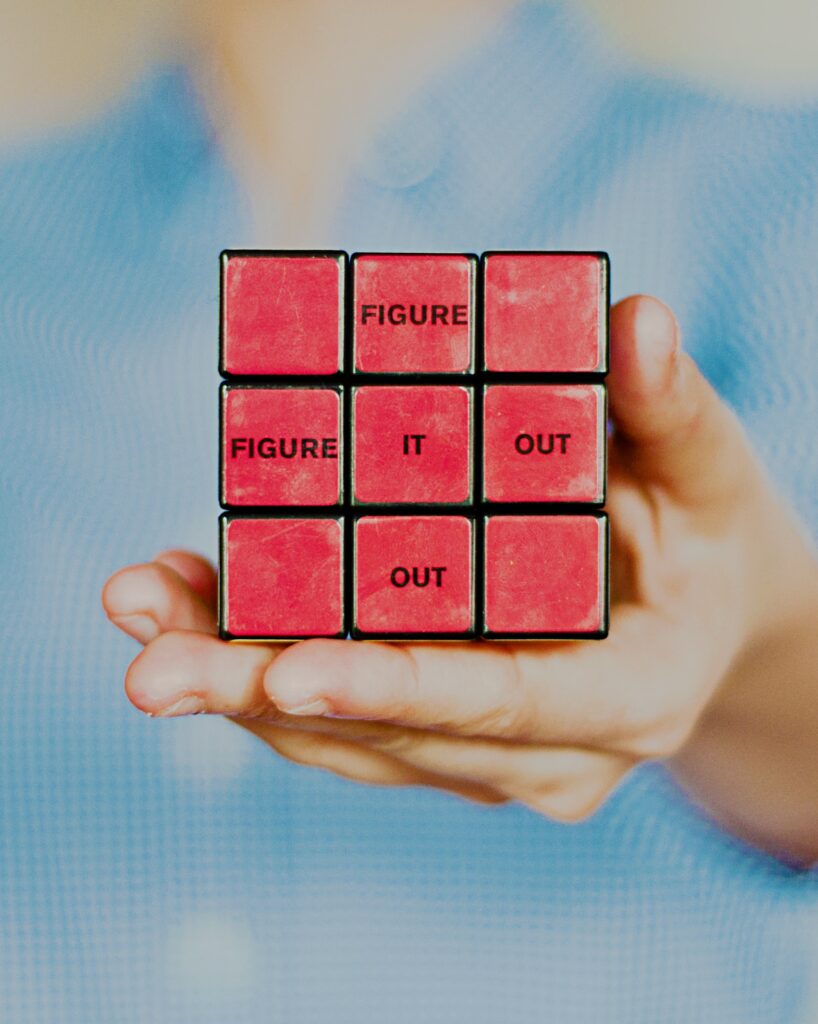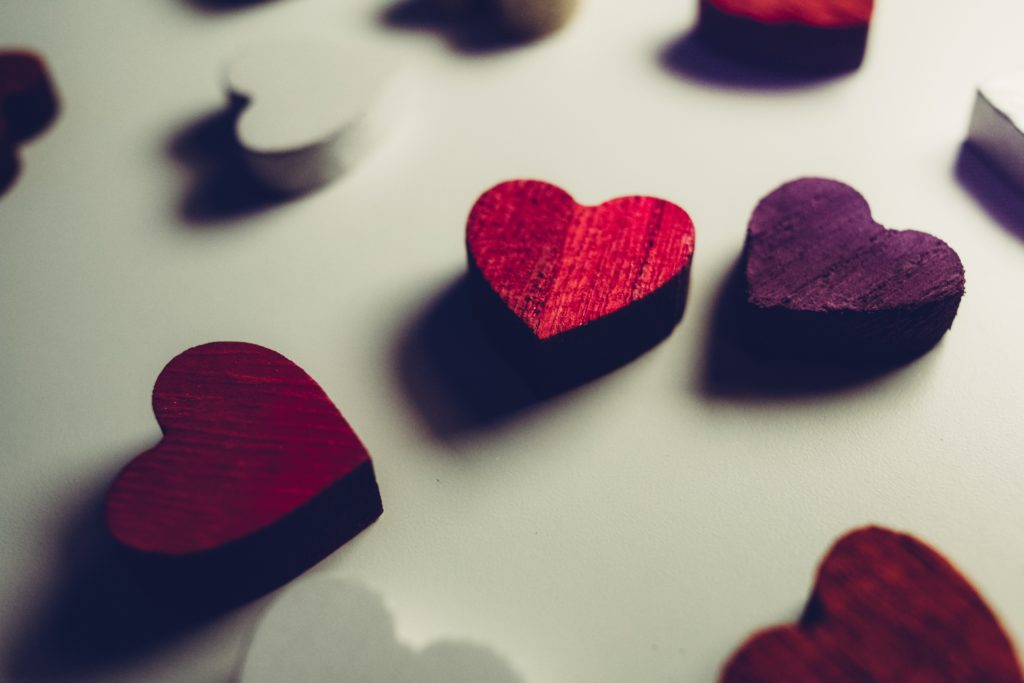“Fuckin’ Karen”
“Sit down Becky”
“ Did you see Sharon on the news today?”
“He’s a Chad”
Black People have been making nicknames for White people for ages, but in this day it’s become easier for White people to discover them. Then, like so much culture, the language shifts from one meaning to Another as more White people catch on. It’s then, when it’s become a majority pop culture reference, that White people weaponize it against each other. This takes many different shapes, from putting down others who aren’t as racially aware, stereotypically feminine, too attractive, and more. That’s when people start comparing it to the N-word, a hate crime, and desire to have it banned.
Where did these names come from anyway?
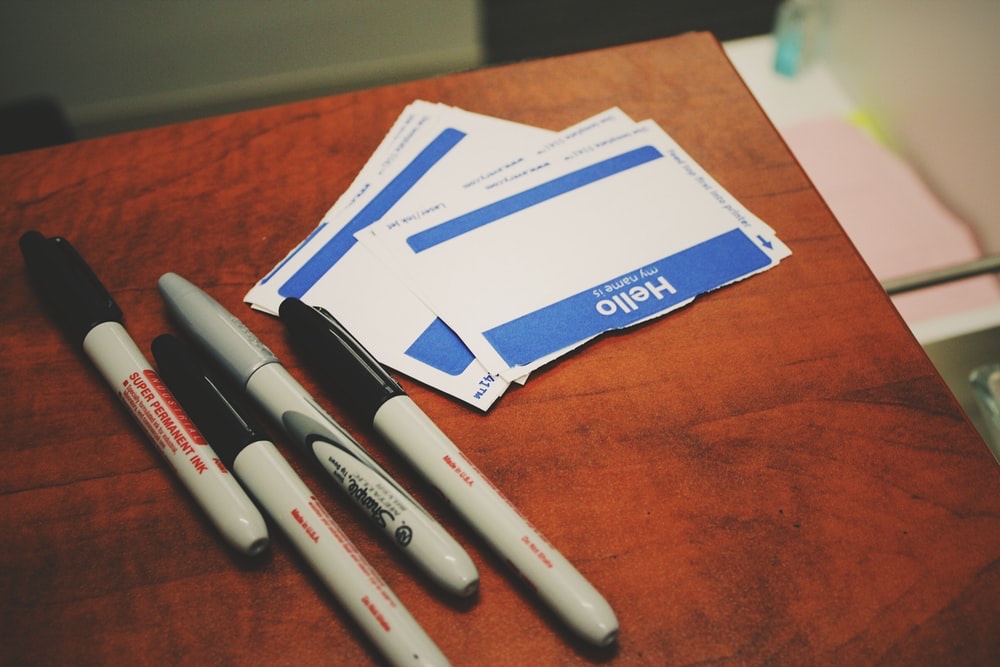
As I mentioned, there has been a long history of names given to the White folks; ‘Karen’ is just the first entry in a long lineage. Some names I’ve personally run into for White folks:
Basic
Blue-Eyed Devil
White Devil/White She Devil
Wonderbread
Golly
Wasp
YT
Carly
Wigga
Boogie Man
Brady
Oppie
Better
Ms Daisy
the Man
Cracker
Snow bunny
White Boy/Girl
Cocaine
Stacy
Some of these are used towards White folks but majority are an in-group way of referencing White people. With that reference is a lot of cultural knowledge, tone, oral tradition, and implied history. You can say a lot about the type of person you are having a hard time with with many of these words. The key is that all of these words aren’t meant to disparage if a girl likes Ugg boots or not, but what women who wear them often do in their race relations and beliefs. Majority of these words, if not all, are derogatory for that reason.
Words used against Black people
N-word
Urban
Ethnic
Exoitic
Ghetto
“Those people”
Thug
Uncle Tom
Boy
Porch Monkey
Spade
Calton
Spook
Mandingo
Tigger
Tootsie Rolls
“You People”
These are just a few of the many names used towards Black people by White people in this country. These words change with time but one aspect always remains for majority. This idea of being not human, or at least lesser. These words attack the very humanity of the subject and their value. This is what sets the words used by Black and Whites to refer to each other as different. There is another important factor, too.
My History

Black terms for White people are almost always used for expressing frustrations or helplessness. This frustration or helplessness is almost always based in race relations and systemic racism. Culturally we choose to turn hardship into joy and connection. This is how terms like “Becky” came to be. The first time I remember hearing Becky as a term was in highschool. A Girl, Rebecca, had a parking spot in the school lot. It apparently was a family tradition because her father was on the board. No one else was allowed this privilege. Meanwhile the recent cut funding for middle school and high school busses meant many had to walk. Later, I believe busses were cancelled for all high school students. Many students had to then either get a car, a parent to drive them, a friend to drive them, or, as many did, walk.
Rebecca didn’t have to do this, and as events happened at the school her prime spot was always left for her and her friend group. In time, the names “Rebecca” or “Stacy” represented this chasm of power and privilege. It wasn’t really about them as people but frustration at this situation and the blindness/privilege that came with it.
The next time I heard of a “Becky” was in college. Some friends used it to refer to well off, oblivious White women. These women were also often entitled, made racist jokes while also appropriated from Black culture. On one hand they would have backpacks with “thug life” and talk about how much they loved hip hop, but laugh at weave, hated older hip hop, and disagreed with affirmative action/financial help for Black students. They were so out of touch with the Black experience, Black problems, and yet didn’t understand how their Whiteness empowered them in ways that we could only dream of.
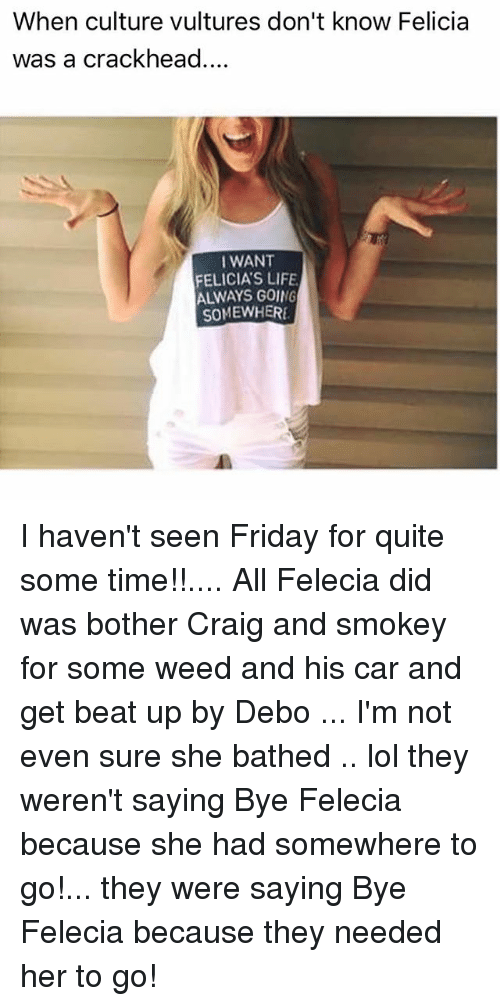
So by the time I heard the name “Becky” come up in Lemonade I knew what was being referred to. It wasn’t just that “Becky” was White, nor had “the good hair”. Beyonce was calling up imagery of more than just that. The conversation(s) around interracial dating, selling out, the privileges that White women get without struggles, their lack of understanding of Black expereinces, the entitlement and the willingness for some Black men to overlook these aspects of some White women to date them anyway. Every White mother of interracial children claiming she doesn’t see color, that her kid’s hair is unmanagble, and mixed children are “the prettiest”, came to mind. Becky wasn’t just White, she was an archetype of privileged White women, one that could have the man that cheated on her. You can also see this tension between Black and White women in Kanye’s Gold Digger.
“I know there’s dudes ballin’, and yeah, that’s nice
And they gonna keep callin’ and tryin’, but you stay right, girl
And when you get on, he’ll leave yo’ ass for a white girl”
“White girl” here being pretty interchangeable but more generalized than “Becky”. Without context it just seems like these lyrics are hating on these women for no reason, but that’s simply not the case.
Shorthand and Humor
These terms are often shorthand to tell a story or a joke that is common in the community. Saying Wigger implies the subject is a White person who is obsessed with trying to emulate Black culture, often to the point of exaggeration, while Ms. Daisy is a reference to a wealthy White woman with a Black driver. It’s uses normally implies a deep sense of the subject seeing themselves above the storyteller, and often treating them as a servant. All of these names are rude, but are used often because of the treatment, not just their race.
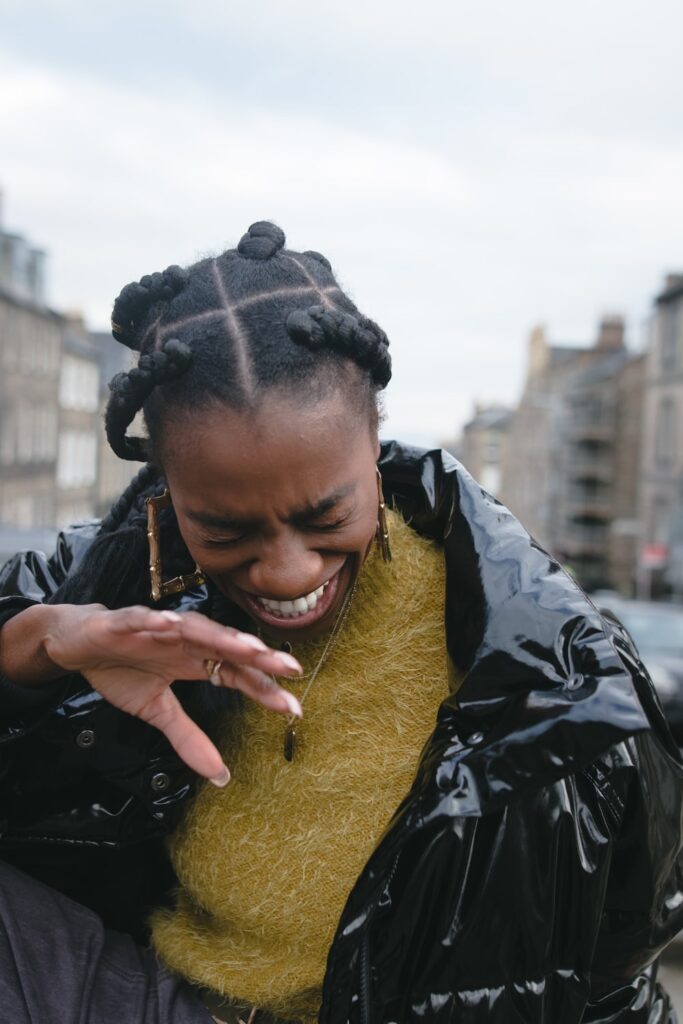
With hundreds of years of mistreatment, these terms became ways for Black Americans to speak about their White counterparts without having to be concerned about retaliation. Since our culture also makes a lot of jokes in the face of helplessness as a way to cope, it was only a matter of time before the jokes started too.
With little power, the only thing there is to do is to make jokes. Sometimes these jokes are dark, and at times at the expense of White folk. With so many of us having universal, frustrating experiences, it only makes sense that there would be times that jokes and memes become popular online and spread.
What’s interesting is that what starts as a community joke now can be seen by others outside the culture and be shared. But it is shared without context, and that not only changes the message and it’s tone, but also it’s meaning. That’s when things become more targeted and problematic.
Getting Co-opted

Let’s get back to “Karen”, the term that has started this latest firestorm of discussion. These memes and jokes have spread beyond the Black community and been picked up on by White communities. I’ve watched the term change in meaning over the last few months. Karen was a way of calling out frustration at privileged, older White women who indulged in racism because they felt entitled to having Black people removed/inconvenienced/ hurt/silenced when they wanted. Their desire to engage in moments of colorism, treating us as subhuman, and flexing their power over us is something to be mocked. Particularly when it works out in our favor, or they are clearly wrong, and their White privilege won’t get them the result they want.
Now I see it used in memes to shame midwestern White women who are often entitled in a variety of ways, but often doesn’t have the story of overcoming, nor the helplessness. It’s jokes about Live, Laugh love, calling the manager, haircuts, a way to disrespect folks older than you, and shame church-going Christians who act awful outside of church. I most often see these memes from the White left and young people in service jobs. I do sometimes still see the Black version going around, but by this point the idea has been co-opted by this style of meme.
You can see this happening with all three to some degree “Karen, Becky, and Sharon” it happened with ‘basic’, ‘White boy/girl’, and WASP, and I’m starting to see it with YT. It always seems to go from a term meant to describe a collective experience with racism and privilege. To a way to call out small stakes poor behavior white person to white person. It becomes a way to perfom wokeness and gain social status. It often doesn’t call out the problematic beliefs of “Karen” beyond what affects the less privileged white person.
The Issue
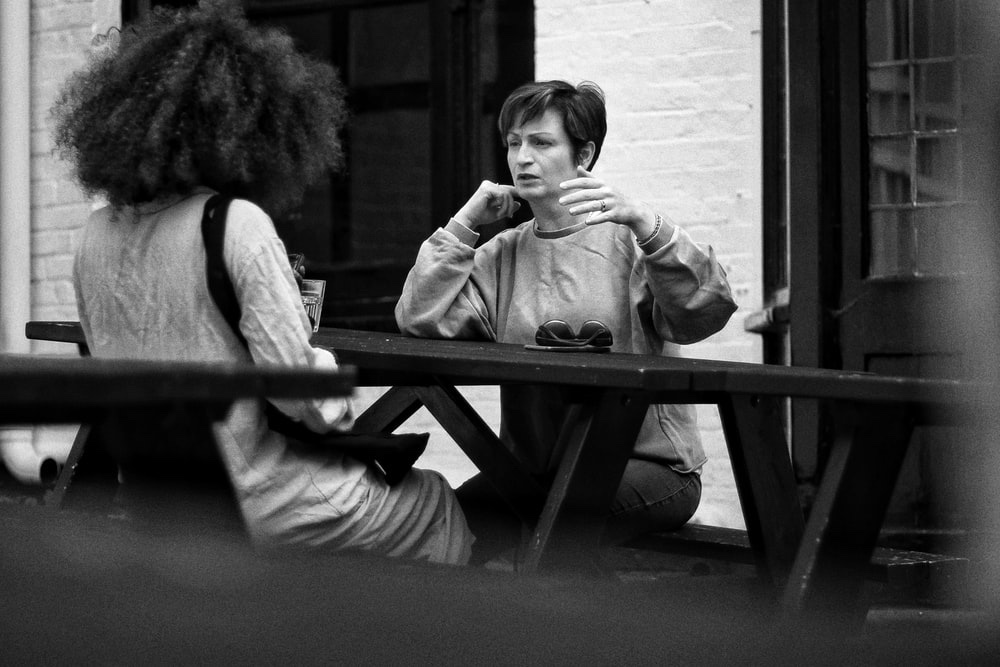
The use of a Karen has started to have two different connotations. One group uses it to shame 40s White women who are often Christian, Republican, and middle class. The other to a laugh at 30s – 40s White women who engage in racist actions, using their privilege to make Black lives difficult, particularly when it fails. Sometimes these blend together, but mostly these groups’ jokes/memes stay separate. At first it seems that the Black memes are everywhere, being spread through Black twitter and those adjacent to the Black community. But in time the White narrative takes over (because of course it does) and people start seeing their nieces and nephews spreading these jokes, and often the meaning has switched, and family members are calling out other family members from their high horse on the politics they disagree with. People get upset, and then it must be the patriarchy causing this (which it could be for the secondary version), and it needs to be banned as it’s taking away women’s power!
In reality, it just makes it easier for those the Black community was calling a “Karen” to have ammo and focus on the name than the racist action that caused them to be called that. What was a name to mock a racist is now dismissed as “making fun of White women”, ageism, and as “reverse racism”. Meanwhile the White ones calling them “Karen” keep wearing their Ugg’s and drinking their Starbucks, while also crossing the street from “the scary Black guy” , feeling mighty smug. The irony totally lost.
When a White person makes a Karen joke it’s often out of annoyance at entitlement. When a Black person makes a joke about Karen’s it’s because any other action could cause them real harm. The server might be fired but the Black person who had the police called for existing might die because of these actions.
In the End
We have written before about generalizations and how they are different in Black culture, and this is a factor. Read more on this Here In our culture, generalizations are specific. Additionally in oral cultures there are normally layers of meaning behind each word and phrase. If you think it’s really about the boots and Starbucks, you’ve missed the point entirely. These jokes are about archetypes, not every White person to ever have existed. The key to these archetypes isn’t their Whiteness, but their participation in racist actions, sometimes direct and sometimes just supporting the racist structures that exist, often blindly.
How are you using these words? Do you? Do you see these differences too? Let me know!
